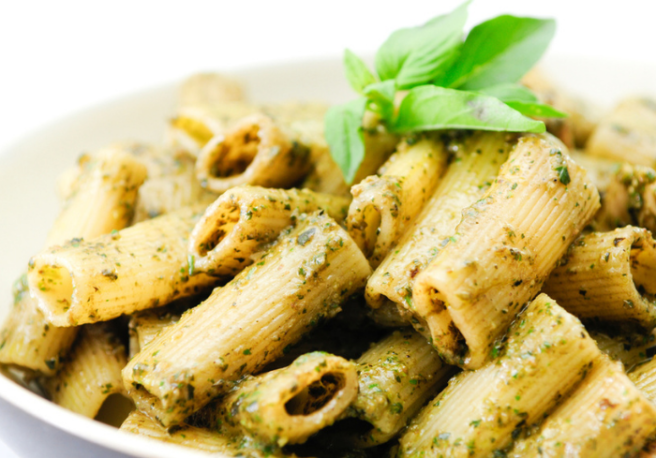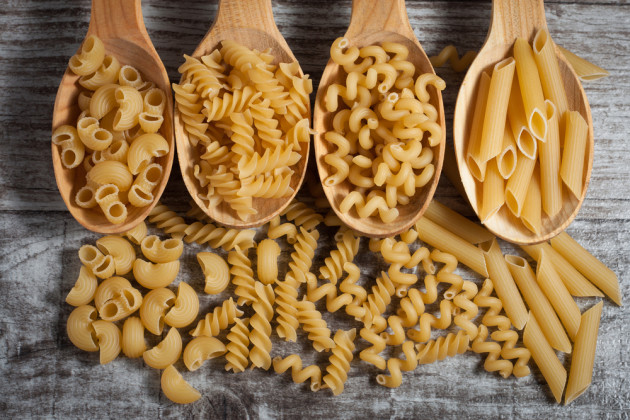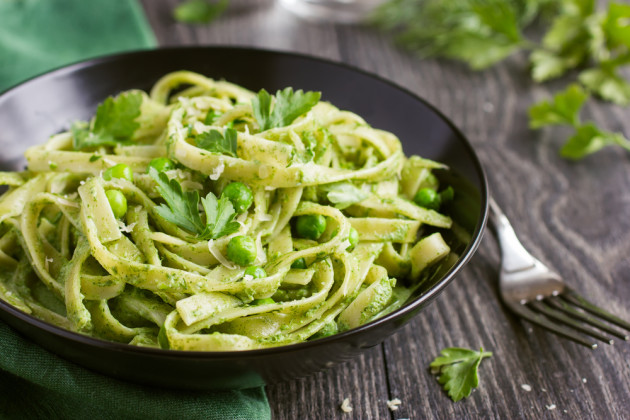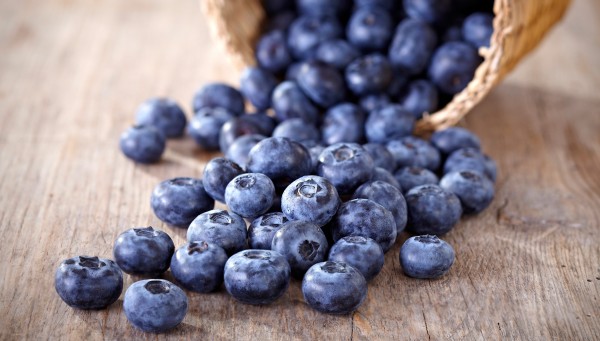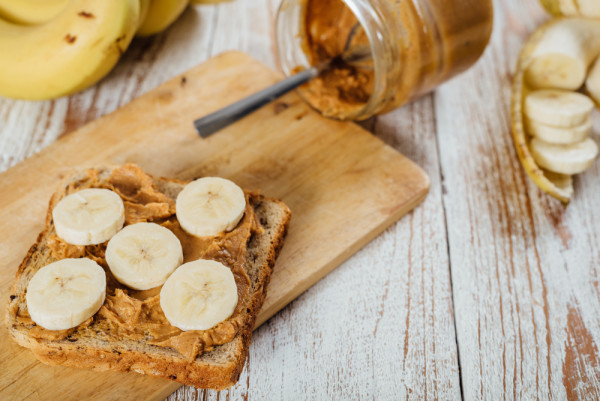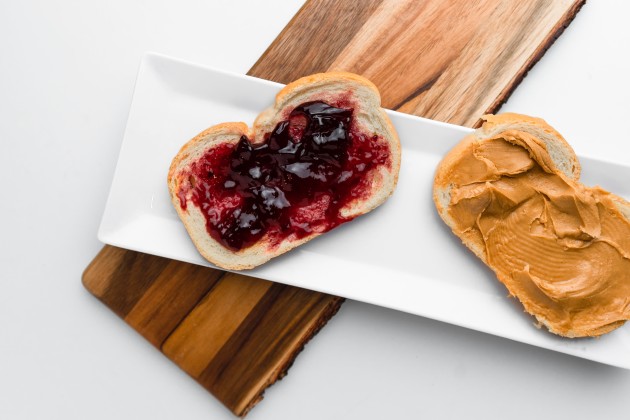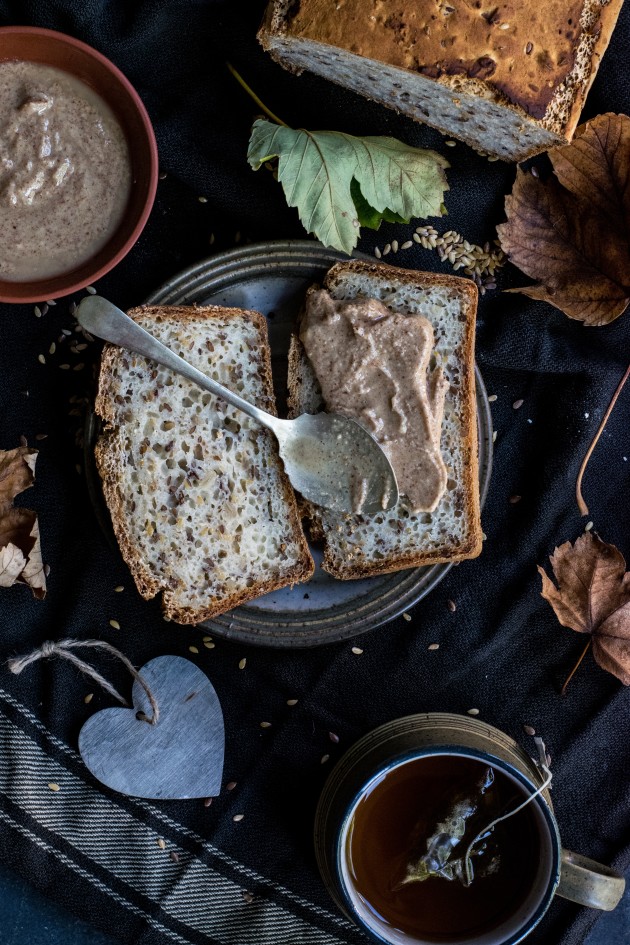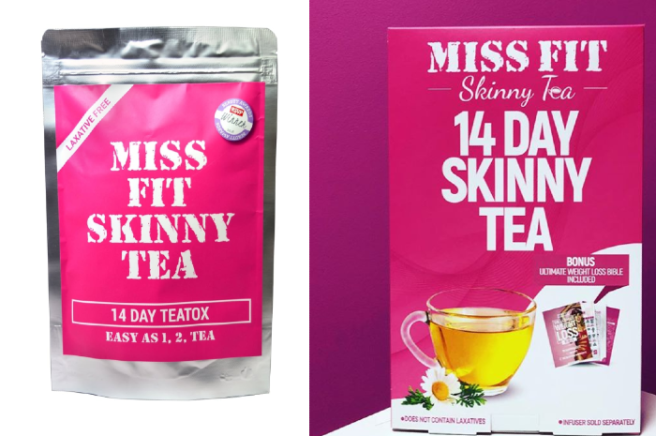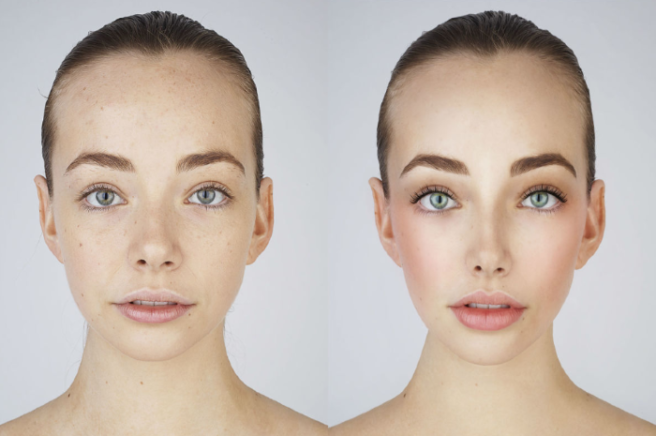Diet culture is a tricky subject. While it has evolved from the insanity of the late nineties and early noughties, there is still a lot of scepticism around some of the trending diets taking hold today.
In the era of fitness bloggers and nutritionist Instagram pages, there are thousands of different ‘experts’ telling us a thousand different and conflicting ways to slim down. Some take the more modern, holistic approach, teaching body positivity, moderation and exercise, keeping the entire process simple. Others, however, maintain that there is a complex and specific formula to gaining the body you want.
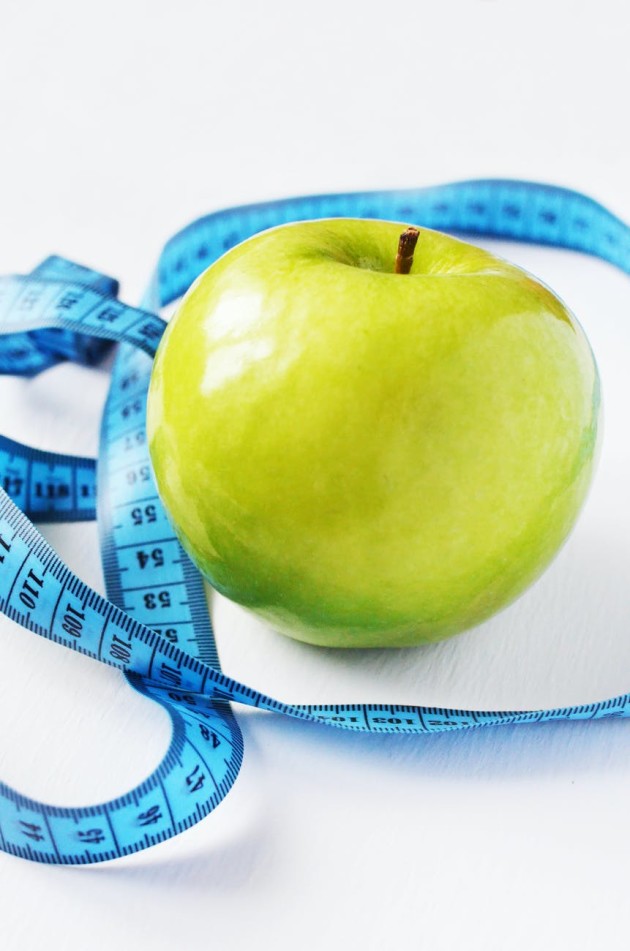
One of these formulas that has taken over the weight loss world is intermittent fasting. A practice used since ancient times, according to Harvard School of Public Health, there is evidence that this method was in use in the times of the ancient Greeks . Popular belief says that intermittent fasting increases longevity, reduces body weight and promotes healthy ageing.
The idea is based on the fact that humans did not always have access to the large quantities of food that we do today and that three large daily meals as well as snacks in between were not consumed. Intermittent fasting promotes mimicking this idea, going for certain periods of time without consuming food – depending on your body weight and weight loss plan – and only drinking water, and unsweetened beverages during this time.
Now that Unislim Ireland has adopted a version of this method as part of their ‘Balance Plan’, we decided to look a little harder at what this diet – that’s generating more interest than any other fad before – actually entails.
‘We decided to build on our fantastic Balance plan to help you give your weight-loss a turbo boost by introducing our brand NEW Flexifast plan. Flexifast is a unique and innovative fasting-focused plan developed by some of Ireland’s leading dieticians to show you how to manage fasting successfully and safely in 2020.’
How to Do It
There are a few different ways to go about intermittently fasting. The different types are tailored to the subject’s lifestyle and revolve around when and how you eat;
‘Alternate day fasting’ requires fasting every other day.
‘Modified alternate day fasting’ means allowing a small consumption of calories on fasting day, usually less the 75% of your normal caloric intake.
The 5:2 diet, also known as the ‘fast diet’, requires abstaining totally from food for 2 days of the week and then maintaining a normal diet the other 5 days. This method is purported to combat the effects of initial rapid weight loss from caloric deficiency, claiming to prevent the body from clinging to the fat cells as a store of heat and energy, and instead reaping the benefits of a short term fast, including weight loss.
The hours of the day in which food is allowed to be consumed are also a factor in this diet. The rule to live by is 16:8, 18:6, and 20:4. The 16:8 method is the most popular, involving a 16 hour fast and then an 8 hour period within which to consume your meals. Therefore, this window generally excludes either breakfast or dinner. There is a history of nutritionists suggesting that eating within a certain window is beneficial to not only weight loss but our sleep patterns and digestive system. However, that history does not include advising skipping meals.
(Sources)
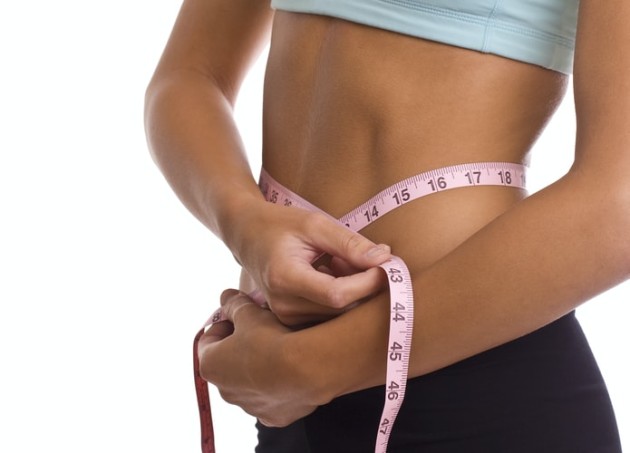
The Science
Some articles about intermittent fasting claim that the primary fuel for most cells and organs in the body are glucose, fatty acids and ketone bodies and that these are used for energy or stored as triglycerides. These articles claim that during periods of fasting, triglycerides are broken down to make fatty acids available and that practising intermittent fasting means the body’s cells will periodically not have access to glucose. Instead, they will use free fatty acids and ketone bodies as their primary fuel. They call this process intermittent metabolic switching or glucose-ketone (G-to-K) switchover
The idea is that when the body’s glycogen stores become depleted, as happens during fasting, the body starts to break down fat. The breakdown of fats increases the availability of fatty acids, which most cells can use for energy.
However, a recent summary of the current scientific evidence indicates that our understanding of the effects of fasting on physical performance is not complete. Although some studies are clearly positive, others have reported decreased performances while others showed no effect
(Sources)
Expert opinions
‘Physiologically, calorie restriction has been shown in animals to increase lifespan and improve tolerance to various metabolic stresses in the body. [4] Although the evidence for caloric restriction in animal studies is strong, there is less convincing evidence in human studies.’
Harvard School of Public Health also notes that while many of the studies saw that participants did in fact lose weight – roughly 7-11 pounds over a 10-week period – it noted that many of these studies were flawed in their methods;
‘Many different study designs and methods of intermittent fasting were used, and participant characteristics differed (lean vs. obese). Half of the studies were controlled trials comparing the fasting group to a comparison group and/or a control group (either continuous calorie restriction or usual lifestyle), with the other half examining an intermittent fasting group alone.’
While these studies are flawed, their results show some interesting findings;
‘Dropout rates (people giving up on the diet) ranged from 0-65%. When comparing dropout rates between the fasting groups and continuous calorie restriction groups, no significant differences were found. Overall, the review did not find that intermittent fasting had a low dropout rate, and therefore was not necessarily easier to follow than other weight loss approaches.
‘When examining the 12 clinical trials that compared the fasting group with the continuous calorie restriction group, there was no significant difference in weight loss amounts or body composition changes.
‘Ten trials that investigated changes in appetite did not show an overall increase in appetite in the intermittent fasting groups despite significant weight loss and decreases in leptin hormone levels (a hormone that suppresses appetite).’
‘This type of dietary pattern would be difficult for someone who eats every few hours (e.g., snacks between meals, grazes). It would also not be appropriate for those with conditions that require food at regular intervals due to metabolic changes caused by their medications, such as with diabetes. Prolonged periods of food deprivation or semi-starvation places one at risk for overeating when food is reintroduced and may foster unhealthy behaviours such as an increased fixation on food.’
The Harvard School of Public Health warns that;
Individuals with the following conditions should abstain from intermittent fasting:
Diabetes
Eating disorders that involve unhealthy self-restriction (anorexia or bulimia nervosa)
Use of medications that require food intake
Active growth stage, such as in adolescents
Pregnancy, breastfeeding
‘Some studies suggest that alternate-day fasting is about as effective as a typical low-calorie diet for weight loss. That seems reasonable because reducing the number of calories you eat should help you lose weight.
Can intermittent fasting improve your health? Losing weight and being physically active help lower your risk of obesity-related diseases, such as diabetes, sleep apnea and some types of cancer. For these diseases, intermittent fasting seems to be about as beneficial as any other type of diet that reduces overall calories.’
Manpreet Mundi M.D. says that there is some research to suggest that intermittent fasting may be more beneficial than other diets for reducing inflammation and improving conditions associated with inflammation, such as:
Alzheimer's disease
Arthritis
Asthma
Multiple sclerosis
Stroke
However, he notes the side affects that intermittent fasting can have, although they generally go away after a month on the diet. They are;
Hunger
Fatigue
Insomnia
Nausea
Headaches
Mundi is careful also to note that ‘intermittent fasting is safe for many people, but it's not for everyone. Skipping meals may not be the best way to manage your weight if you're pregnant or breast-feeding. If you have kidney stones, gastroesophageal reflux, diabetes or other medical problems, talk with your doctor before starting intermittent fasting.’
Johns Hopkins neuroscientist Mark Mattson, Ph.D., has studied intermittent fasting for 25 years. One of Mattson’s studies published in the New England Journal of Medicine revealed data about a range of health benefits associated with the practice of intermittent fasting. Benefits include a longer life, a leaner body and a sharper mind.
‘Many things happen during intermittent fasting that can protect organs against chronic diseases like type 2 diabetes, heart disease, age-related neurodegenerative disorders, even inflammatory bowel disease and many cancers,’ he says.
Dietician, Christie Williams also stresses that before you try intermittent fasting (or any diet), you should check in with your primary care practitioner first. Some people who should steer clear of trying intermittent fasting are:
Children and teens under age 18.
Women who are pregnant or breastfeeding.
People with diabetes or blood sugar problems.
Those with a history of eating disorders.
‘But,’ Johns Hopkins dietician Christie Williams, M.S., R.D.N. says, ‘People not in these categories who can do intermittent fasting safely can continue the regimen indefinitely. It can be a lifestyle change,’ she says, ‘and one with benefits.’
Keep in mind that intermittent fasting may have different effects on different people. Talk to your doctor if you start experiencing unusual anxiety, headaches, nausea or other symptoms after you start intermittent fasting.
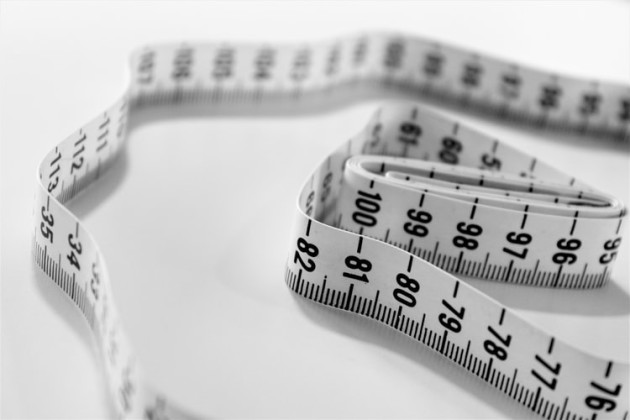
Our thoughts
While this is a method that seems to be slowly and cautiously being embraced, as seen with the experts here, it is clear that there is little definitive evidence yet about whether or not this method is actually any better or worse than normal caloric regulation.
However, what it does seem to promote is a fixation on the limitation of food for longer periods of time than other diets. It is a slippery slope from a day’s fasting to an obsession about how long one can go without food. While there does seem to be a safe way to practice this method, it raises red flags for anyone susceptible to obsession with weight and calorie intake. Studies still leave a lot of questions unanswered. What are the long term effects? Is t safe for athletes? Does fasting for a day affect ones ability to do tasks like work and drive?
Practising intermittent fasting is a personal decision and one that must be made between you and your doctor.
